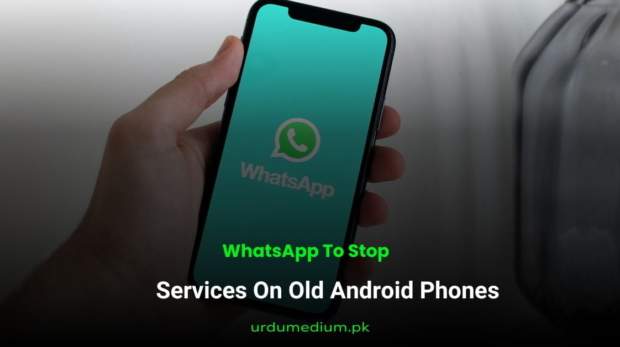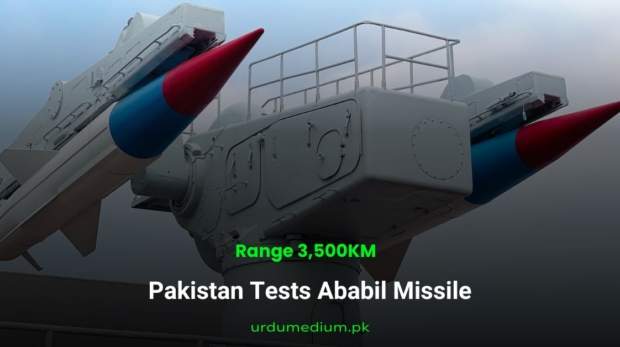NASA Free Streaming Service: NASA+ Set to Debut on Major Platforms
NASA, the renowned space agency, has revealed its plans to launch a new free streaming service named NASA+. The service is scheduled to go live on various major platforms on November 8, offering viewers an exclusive and subscription-less experience ...



